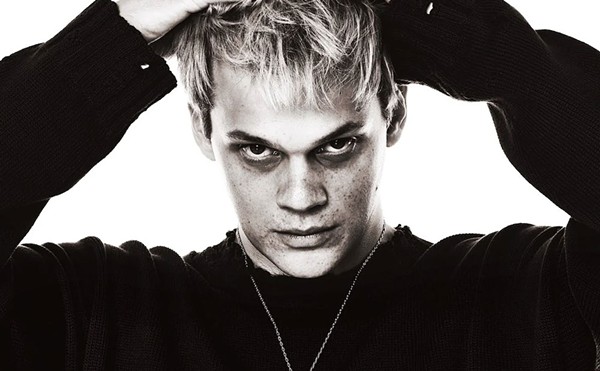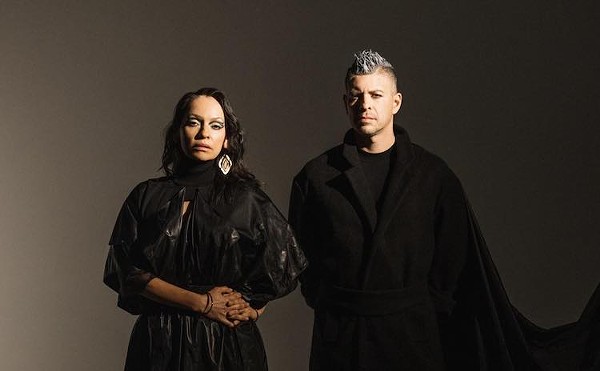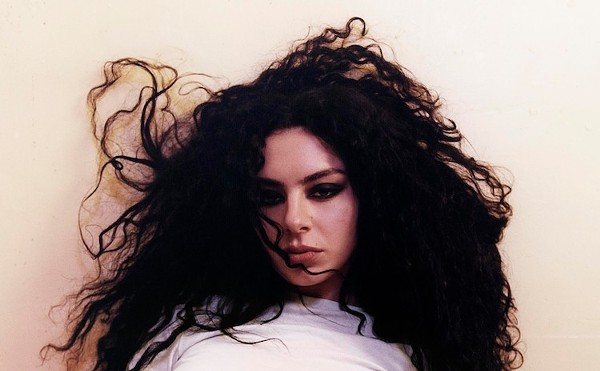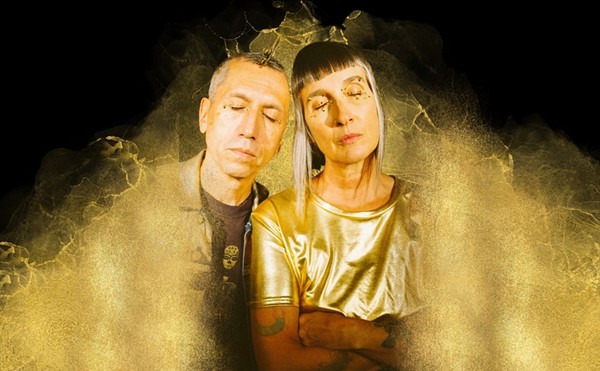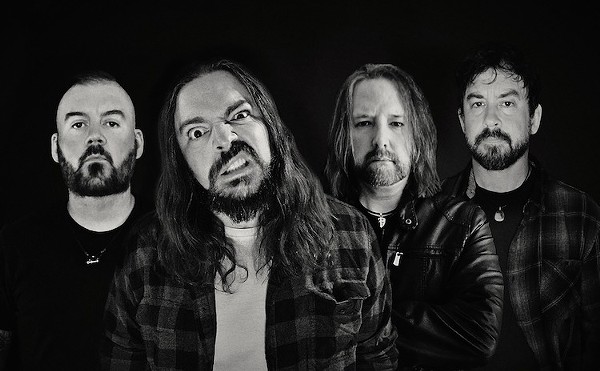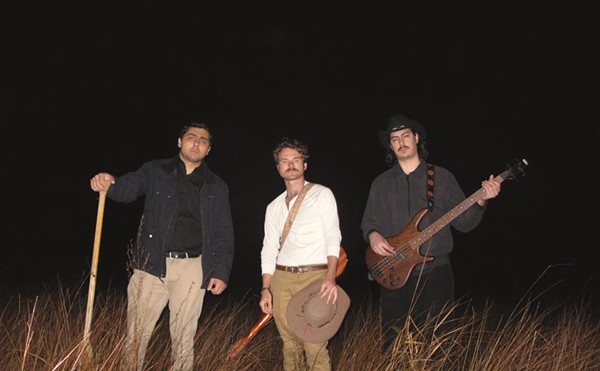For months now, hip-hop fans have been deluged with minutiae regarding Terrance Dean’s shocking tell-all memoir, Hiding in Hip Hop: On the Down Low in the Entertainment Industry – From Music to Hollywood, in which the former MTV executive outs himself and others in the black entertainment community as the homosexuals they really are. (Most of the inundation has come from Dean himself, who has been teasing out the more sexually explicit homo-famous encounters.) Or bisexuals. Closeted, maybe. Dean calls them “Down Low Brothers,” famous or proximally famous black men who have wives and girlfriends but sleep with men on the side. Or something.
Even on this razor-thin surface, Dean’s logic is easily broken down into an unfortunately cynical, self-loathing and clueless marketing scheme. Consider that half the book’s title involves the words “hip” and “hop”; yet very few of Dean’s graphically detailed conquests in the book are music-industry players, even peripheral ones, and all the men described are identified vaguely enough to shield him from lawsuits. This means Dean either believes black basketball players, black Hollywood producers and aspiring black actors can all be categorized as “hip-hop,” or he knew that rap’s chorus of loyalists would respond the most vocally.
Either way, the calculation is immediately insulting.
If even a trace of true honesty permeated the pages, maybe Hiding in Hip Hop could be considered a genuine first step. The acceptance and understanding of gays in rap hasn’t evolved a micro-step in nearly three decades of existence. The artist Common, who built a reputation as an evolved and enlightened hip-hop bohemian, was the pre-Eminem standard-bearer for gay-bashing (“Homo’s a no-no/So faggots, stay solo”). On Clinton Sparks’ radio show last year, Sparks asked R&B lothario Ne-Yo if he would perform for a gay teen’s Sweet 16 party (an uncomfortably obvious setup) and Ne-Yo responded, “I would do it, but I’d be standing across the street.” This from a man who sings and dances for a living.
Dean, who is not a natural-born writer by a long shot, misses an opportunity to address the issue, instead focusing on his personal journey to some form of enlightenment. From his tragic Detroit upbringing – his mother was a drug-addicted, HIV-positive prostitute, and the disease claimed two of his siblings as well – through his astoundingly easy and baseless rise to the middle of the middling in Los Angeles, Dean’s inflated sense of self robs the narrative of both trust and reflection. Regarding his position as a production coordinator in the special events department at MTV, Dean writes:
“It’s no secret the entertainment industry is a hard nut to crack, so of course those of us who worked in it were seen as gods. We were on the inside, and people loved us – not only because of who we were but also because of what people thought we could do for them.”
At every turn, Dean seems to cover his tracks of sincerity. As he works his way up to the big revelation in his life, he takes plenty of self-serving detours. Throughout high school, Dean says, he denied that he was gay (not uncommon) and so forged ahead as a popular, charming, winning jock who joyfully slew his school’s most beautiful girls like a champion swordsman (laughably unlikely). Again, it’s difficult to find the real confused young man in this prose and, for a moment, I wondered if these male-on-female erotic passages were included for the sake of straight readers, to ease them into the graphic gay erotica to come. When a memoir’s marketing ploys pervade a reader’s attention more than the life contained within the pages, it’s not a leap to assume priorities were firmly planted there from the outset.
Religion is another factor in Dean’s self-hatred, and it’s a topic he goes back to again and again. It’s as if he senses an answer lies there but doesn’t know how to open himself up to get to it. It’s the answer that hovers unacknowledged over black culture: Blacks hate gays because their preachers tell them to. Dean writes:
“The preacher warned in his sermon that thoughts could be impure and I was having impure thoughts about boys. All I ever heard from anyone, male or female, was ‘Men who like men – it ain’t natural. God is going to deal with them.’ People like me weren’t special or worthy.”
And later: “Who in their right mind would want God to hate them? I surely didn’t. I prayed to God that I would wake up and all feelings for other men would be gone.”
The baffling part is that Dean returns to these hatred-filled pews over and over again, looking for answers and going through church-sponsored “detox” programs designed to make gay men straight. Although Dean later grew to start a successful men’s support group, he never justifies his continued dependence on a church that hates him.
In the end, we’re left with Confessions of a Video Vixen from a male Superhead’s side. Instead of sad, scintillating tales of an insecure woman fellating rap superstars, we get the sad, scintillating tales of an insecure production assistant and his grab-ass glory with the friend of a friend of someone who used to be marginally famous. Only this one has a happy ending, because in Hollywood, that’s how a star is born.
[email protected]



